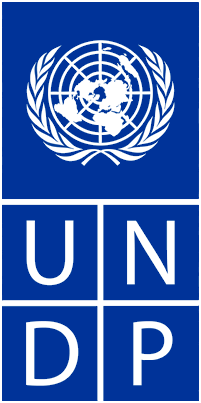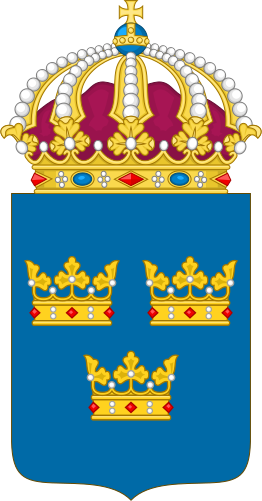Community / Land projects / FAO - Food Security, Resilience and Climate Change Adaptation in Dry Corridor JP
FAO - Food Security, Resilience and Climate Change Adaptation in Dry Corridor JP

€6222088.414
11/21 - 12/26
Active
This project is part of
Implementing Organisations
Donors
Data Providers
General
The program aims to improve food and nutritional security for families and communities in 7 micro-watersheds of Jalapa and Chiquimula in the Dry Corridor of Guatemala, through the improvement of sustainable use of natural resources (forest, soil), integrated water management and increased resilience capacities for climate change adaptation. The implementation includes promoting and improving governance, gender equality and water security with special emphasis in women and children. The indigenous groups in the area are Ch´ortí´ in Chiquimula and Pocomán in Jalapa. FAO will be the lead agency, working in coordination in field with UNICEF, UNDP and WHO. The Dry corridor is a portion of land in Guatemala affected by reduced precipitation, weak soil and low yields located at the rural area. The program. At the end of the intervention the joint program is expected to: 1. Improve communitarian food systems, food and nutritional security, biodiversity, resilience and climate change adaptation through strengthened knowledge in agriculture good practices, nutrition, sustainable use and management of natural resources and the promotion of gender equality. 2. Families, community organizations strengthened as right holders and Municipalities with improved capacities as public servants and duty bearers to jointly identify needs to plan gray and green water infrastructure for water management, health, land use planning, municipal development plans and disaster risk prevention to improve food availability/production, food security, resilience, climate change adaptation and women participation and decision making. 3. Strengthened capacities at ministries and municipal officials, members of the development councils, food security and nutrition commissions and National Coordinator for risk disaster prevention - CONRED coordinators, to perform their legal responsibilities as duty bearers, activate public policy in territories and improve dialogue with right holders to design and present investment proposals for development councils for food security and nutrition, water security, climate change adaptation and resilience.
Objectives
The program aims to improve the food security and nutrition of families and communities in 7 micro-watersheds of Jalapa and Chiquimula in the Dry Corridor of Guatemala. The improvements will be achieved through the promotion of sustainable use of natural resources (water, forest, and soil), integrated water management and increased resilience capacities for climate change adaptation. The implementation includes the promotion and improvement of local governance, gender equality and water security with special emphasis in women and children. The indigenous groups in the area are Ch´ortí´ in Chiquimula and Pocomán in Jalapa. FAO is lead agency, working in coordination in field with UNICEF, UNDP and WHO.





